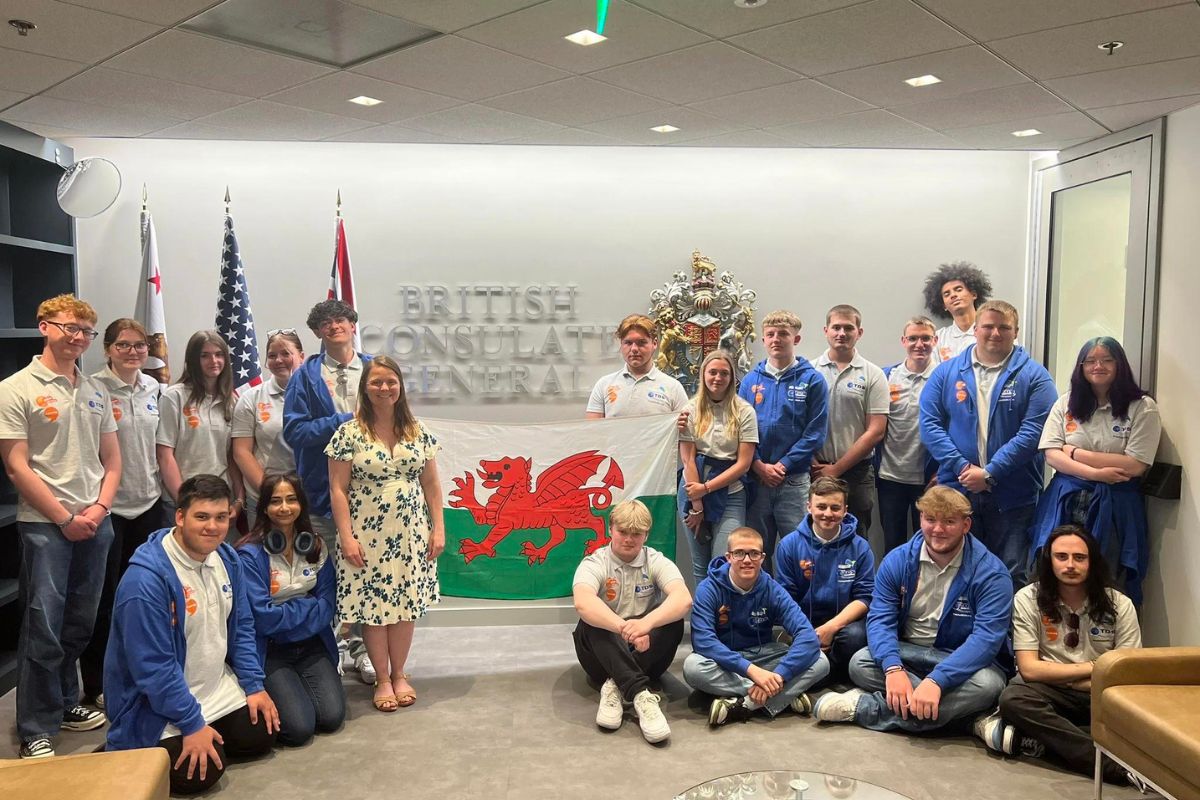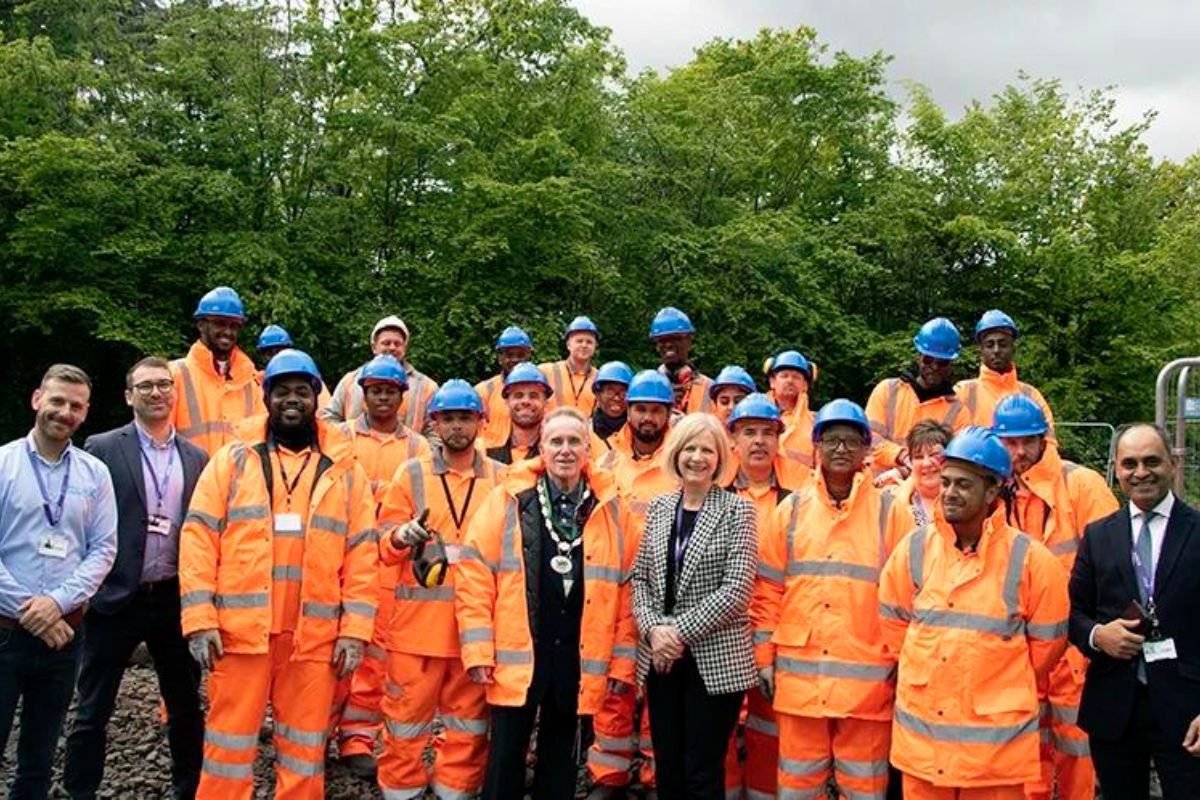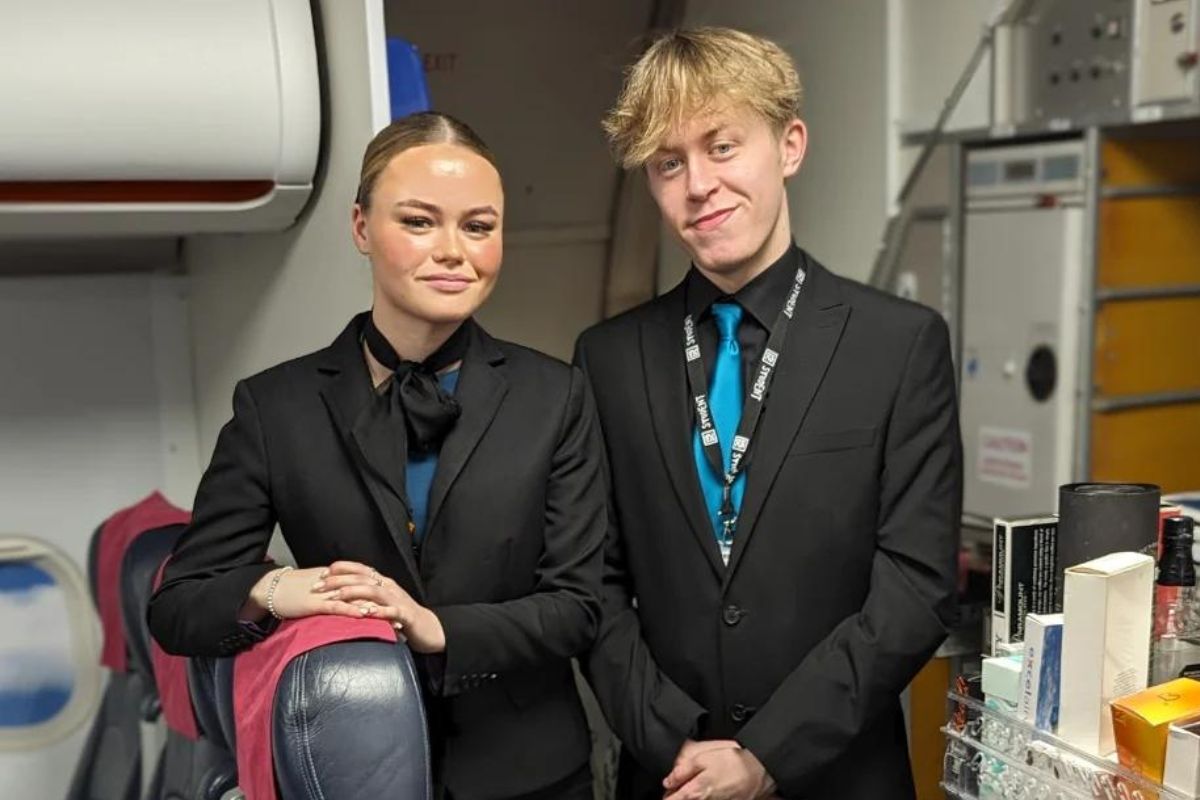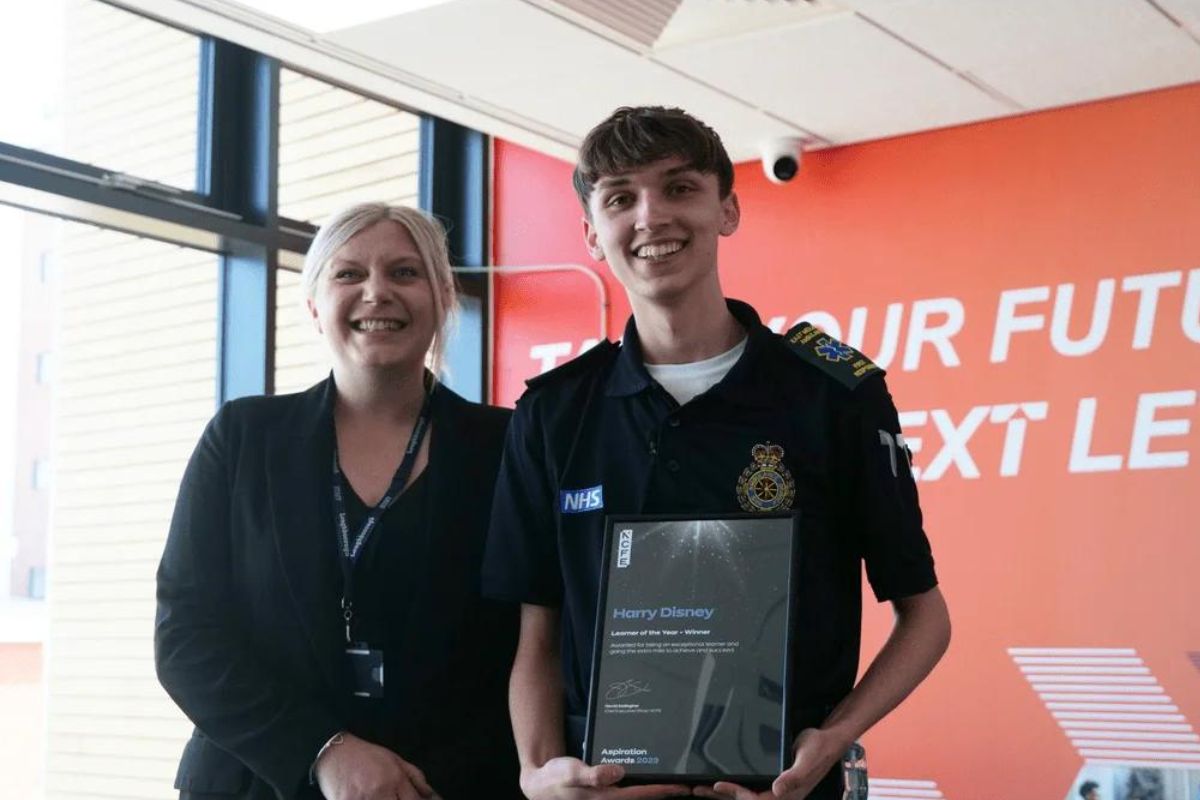Over 50% of UK job seekers from low socioeconomic backgrounds miss out on employment opportunities

A study into over 2,200 UK job seekers has revealed that employers must refine their social mobility initiatives to achieve a fair recruitment process for all
Forage, an EdTech startup providing free virtual job simulations, has today released the UK Voice of the Forager report, a study of over 2,200 job seekers exploring the social mobility challenges that the current generation is facing.
Those from low socioeconomic backgrounds are being left behind
The report revealed a systematic failure in the finding and nurturing of talent. Despite a UK record high of 1.2 million job vacancies in the three months to November 2021, over 50% of job seekers from low socioeconomic backgrounds said that they feel overlooked in the UK job market in comparison to their peers. The reality remains that despite the number of social mobility initiatives undertaken by employers, securing post-tertiary opportunities is not an equal journey for all.
54% of Forage’s study participants identified as minority ethnic, 30% reported as being either a refugee, asylum seeker or migrant and 83% stated that they attended non-fee paying schools in the UK. When asked what employers should be doing, they said:
- Incorporate blind interviews into the recruitment process – with no names or questions about ethnicity
- Provide more skilling opportunities for those from low socioeconomic backgrounds
- Transition away from an over-reliance on hires from Russell Group universities to level the playing field
In spite of government initiatives like the socio-economic diversity and inclusion employers’ toolkit and industries across the board experiencing staff shortages, the UK is ranked 21st on the global social mobility index, well behind most European countries. To tackle the problem and help employers to refine their social mobility initiatives, Forage recommends:
- Engaging with individuals from underserved communities as early as secondary school to inspire them with the confidence to pursue new or seemingly unattainable career paths
- Leveraging hiring signals beyond university or GPA (which can be more indicative of socioeconomic access than role performance), such as intent, ability and engagement
- Facilitating exposure to skills needed for the workplace through free, virtual frameworks throughout the education journey
Virtual job simulations increase job application confidence by 96%
The UK Voice of the Forager report revealed that virtual job simulations are allowing those from less socially mobile backgrounds to gain the skills and experience they need to pursue professional careers. Employers often look for, or even ask for, work experience in applications for graduate schemes/jobs, but the Sutton Trust found that 20% of working class graduates could not afford to undertake a physical work placement. Forage’s study found that:
- 70% of respondents completing a virtual job simulation felt generally more prepared to enter the world of work
- 96% of respondents felt more confident to apply for a job having taken part in a virtual job simulation
- 88% of students would recommend virtual job simulations to their peers
- 45% of respondents said that neither of their parents attended university and 41% described themselves as having a low socioeconomic background
- 37% stated that their highest education level is secondary school, followed by 34% with a bachelor’s degree and 17% with a graduate/advanced degree
Forage CEO and co-founder, Tom Brunskill, said:
“For too long, employers have talked the talk, without walking the walk when it comes to creating an even playing field. It’s time for industry to embrace their responsibility as the custodians of economic opportunity and realise they can play an influential role in driving social mobility. We are proud to be working with bold employers who are focused on meaningfully solving this challenge rather than ignoring it.”
Ex-Forage student, Founder of Law City and Trainee Solicitor at Clifford Chance, Dorothy Adu-Mfum, said:
“I came from a low socioeconomic background myself and I struggled to gain a training contract or insight into the legal industry. In my final year of university, I was working two jobs and although I got a first-class degree I had little legal experience. I didn’t have the time for a week’s work placement because I had to financially support myself. Working with virtual job simulations through Forage enabled me to gain access to multiple law firms as well as valuable skills which helped me secure a training contract at my dream firm.“
Stephen Isherwood, Chief Executive, Institute of Student Employers, said:
“Giving all students the opportunity to better understand work and careers is essential if we are going to improve social mobility. Forage and its employer partners have worked with many students across a wide range of programmes, I’m really looking forward to seeing their impact grow.”
For further details and findings, the UK Voice of the Forager report can be downloaded here.











Responses